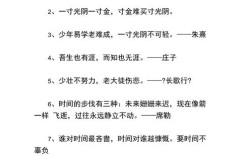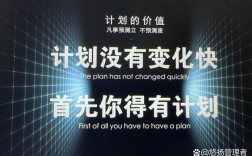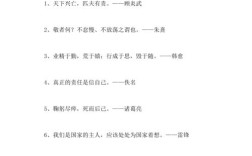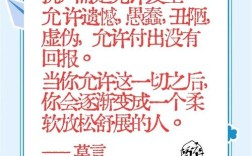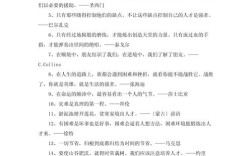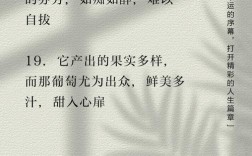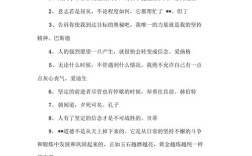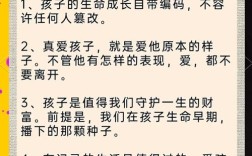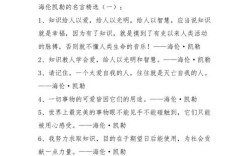The Wisdom of Lu Xun: Exploring His Famous Quotes in English
Lu Xun, the pen name of Zhou Shuren, remains one of China’s most influential writers and thinkers. His sharp observations on society, human nature, and cultural traditions have left an indelible mark on modern Chinese literature. Many of his quotes, originally written in Chinese, have been translated into English, allowing global audiences to engage with his profound insights. Understanding these quotes requires more than just reading the words—it demands an appreciation of their origins, context, and the rhetorical techniques Lu Xun employed.
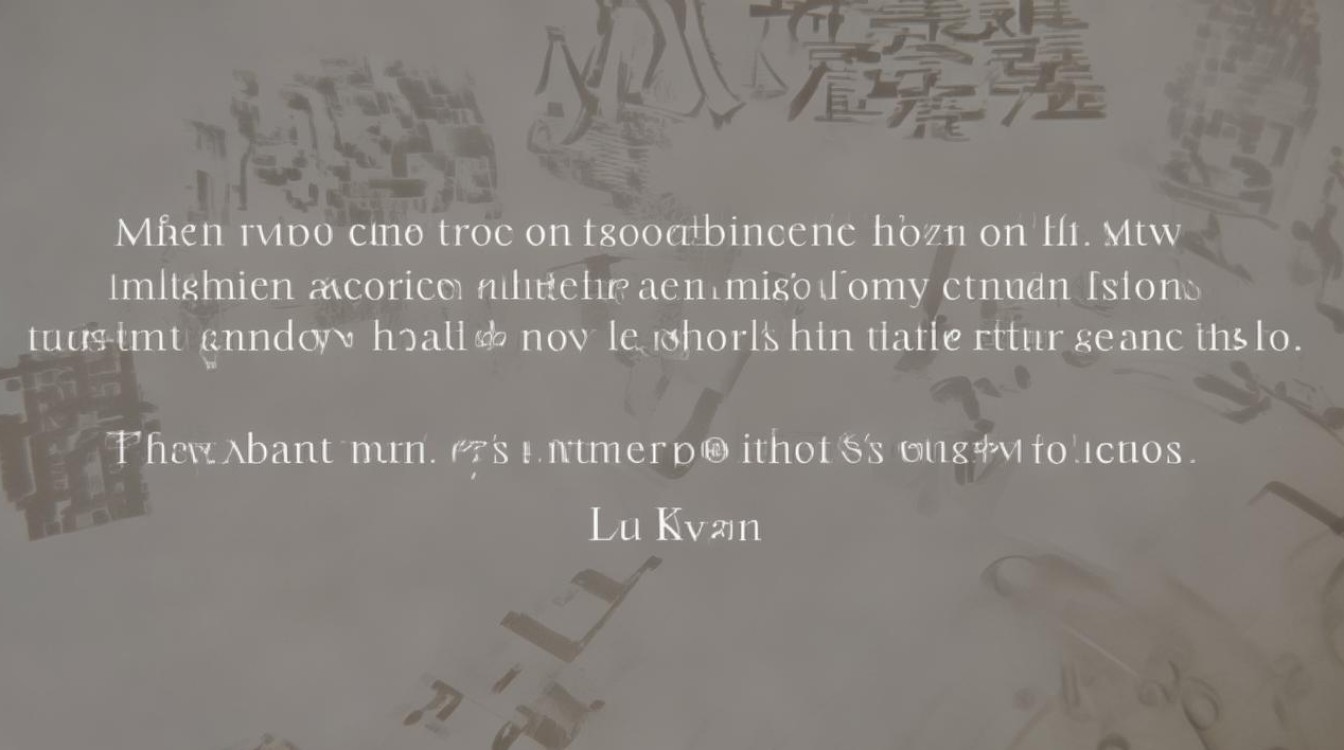
The Origins of Lu Xun’s Famous Quotes
Lu Xun’s most well-known sayings come from his essays, short stories, and letters. Works like A Madman’s Diary, The True Story of Ah Q, and My Old Home contain lines that have been widely quoted for their piercing social commentary. For example, his declaration, “Hope is like a path in the countryside; originally, there was no path—but as people walk on it, a path appears,” encapsulates his belief in perseverance despite adversity.
Another famous line, “The true tragedy of the oppressed is not their oppression but that they have come to love it,” reflects his critique of passive acceptance of injustice. These quotes often emerged from his frustration with China’s societal stagnation and his desire to awaken the masses through literature.
The Context Behind the Words
Lu Xun lived during a turbulent period in Chinese history—the late Qing Dynasty and early Republic era—marked by foreign invasions, internal strife, and cultural upheaval. His writings were responses to these challenges, aiming to expose hypocrisy, ignorance, and blind adherence to tradition.
For instance, his famous quote, “To save the children, we must first save the adults,” stems from his belief that societal change begins with reforming entrenched mindsets. He saw education and critical thinking as tools to dismantle feudalistic thinking. Without understanding this historical backdrop, the depth of his words may be lost in translation.
Translating Lu Xun’s Quotes into English
Translating Lu Xun’s work presents unique challenges. His writing style blends classical Chinese phrasing with vernacular speech, and his use of irony and satire requires careful handling to preserve the original tone. Some translations prioritize literal accuracy, while others adapt the phrasing to convey the intended meaning more naturally in English.
Consider the difference between these two versions of the same quote:
- Literal: “I have always believed that the road is made by trampling.”
- Adapted: “I’ve always thought that paths are made by walking.”
The second version flows better in English while retaining the core message. When quoting Lu Xun in English, it’s crucial to select translations that balance fidelity to the original text with readability.
How to Use Lu Xun’s Quotes Effectively
Lu Xun’s words remain relevant today, whether in academic discussions, motivational speeches, or social critiques. Here are a few ways to incorporate his quotes meaningfully:
- Educational Contexts – Teachers can use his sayings to spark discussions on history, philosophy, or literature. For example, “The weak are cruel; the strong are kind” can lead to debates on power dynamics.
- Writing and Public Speaking – Writers and speakers can use his quotes to emphasize resilience, as in “Hope is like a path…” to inspire action.
- Social Commentary – Journalists and activists might reference his critiques of blind conformity when discussing modern societal issues.
However, misusing his quotes—such as taking them out of context or oversimplifying their meaning—can dilute their impact. Always consider the original intent before applying them.
Lu Xun’s Rhetorical Techniques
Lu Xun’s power lies not just in what he said but how he said it. His writing employs:
- Irony – He often used sarcasm to expose societal flaws, as seen in The True Story of Ah Q, where the protagonist’s delusions mirror national self-deception.
- Paradox – Lines like “The more you struggle, the tighter the chains become” force readers to confront uncomfortable truths.
- Metaphor – His comparisons, such as likening hope to a path, make abstract ideas tangible.
These techniques make his quotes memorable and thought-provoking, ensuring they endure across generations.
Common Misinterpretations
Some of Lu Xun’s quotes are simplified or misapplied. For example, “The pen is mightier than the sword” is often attributed to him, but this is a misquotation. Another example is “Silence is the loudest cry,” which, while evocative, does not appear in his original works. Verifying sources is essential to avoid spreading inaccuracies.
Lu Xun’s Global Influence
Beyond China, Lu Xun’s ideas resonate with international audiences. His critiques of oppression, bureaucracy, and human folly find parallels in global literature. Scholars compare his works to those of Kafka or Orwell, highlighting universal themes of alienation and authoritarianism. By studying his quotes in English, non-Chinese speakers gain access to a thinker whose relevance transcends borders.
Applying Lu Xun’s Wisdom Today
In an era of misinformation and rapid change, Lu Xun’s call for critical thinking remains vital. His observation that “A person’s greatest misfortune is not being unable to persuade others, but being unable to persuade oneself” speaks to the dangers of self-deception. Whether in personal development or societal reform, his words offer guidance.
Lu Xun’s legacy endures because his insights cut to the core of human experience. By engaging with his quotes—understanding their origins, context, and rhetorical brilliance—we not only honor his contributions but also equip ourselves with tools for deeper reflection. His words, whether in Chinese or English, continue to challenge, inspire, and provoke thought, proving that great ideas know no linguistic boundaries.

